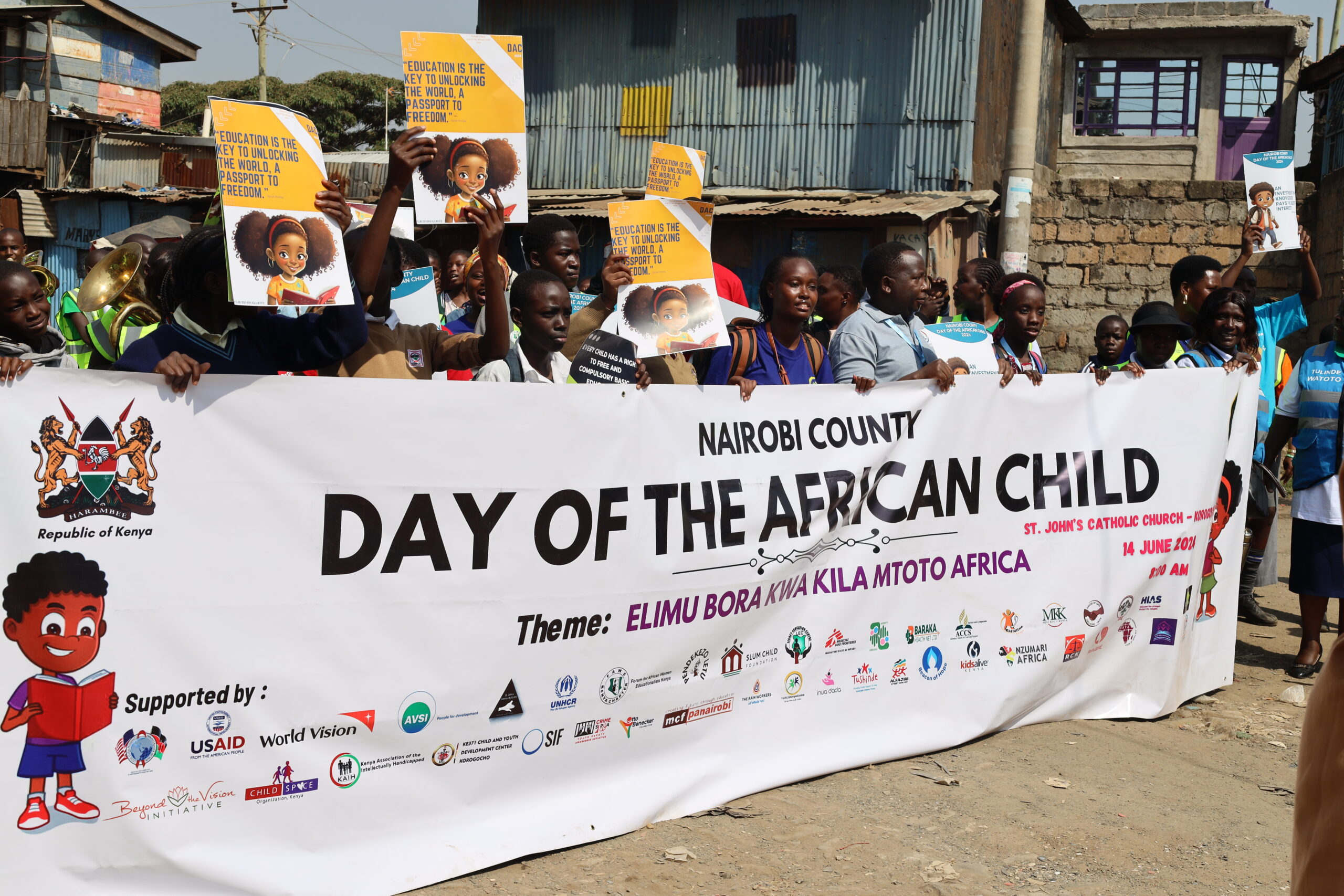Mtula Mwanahamadi
19 years from Micheweni, Southern Pemba
After completing form four in 2019, I tried my luck in seaweed farming in my home area. However, I was not really lucky as my produce was small in quantity and I could see lots of crops rotting. I think it is because it was a trial an error kind of initiative with no prior knowledge or training. I really count myself lucky for being identified by a Shekha and successfully passing the interview I undertook to qualify for the initiative. Prior to the training, I used to try my luck in seaweed farming but I couldn’t really make a bumper harvest. So when I enrolled in the FAWE Zanzibar Sea weed training project, I learnt about grounds where if planted the seaweed would really thrive and withstand the weather. The training also taught me on the action to take in the event I noticed some young seaweed suckers rotting away.
My second attempt in seaweed farming has really been different. There has been an increase in produce. However, I experienced new challenges such as too much heat from the sun that spoilt some of the plants. As a farmer, this means you will experience unprecedented losses in your harvest. We also need newsletters to help us refresh our knowledge on the training acquired in class. There is also need for high breed seeds that grows into high quality seaweed. A capital boost will go a long way in boosting production scales.
Nevertheless, I continue to receive encouragement from my husband who believes the initiative will bring more income to the family. He is the sole breadwinner despite us being married for a few months now. He says that the income however meager could help us when he experiences low or delayed pay at his place of work. The seaweed farming income can help us buy salt, spices and food for our new family. He realizes that if he does not encourage me to subsidize his income he might find there is no food to eat in the evening in tough times.
One thing education and training has done to girls and young women of my age is reduce their chances of entering forced and child marriages. Years back, a girl without education or any form of training could just decide to marry as soon as she experienced her period. However, with the growing education and training opportunities, girls are choosing to complete their studies, at least the high school and diploma levels, before offering themselves for marriage. Some of these early and forced marriages are actually driven by poverty in the family, a daunting desire to acquire wealth from a courting groom and the fact that some parents are not educated so they do not see value in educating their girls to higher levels of education.
The training has also strengthened our relationship with our trainers and sheikhs as they continue to enlighten us on the value addition of engaging in entrepreneurship activities. This initiative is motivating me to mentor the young women who will come after me and in my community to acquire the same knowledge and fend for themselves. We really appreciate our teachers and Shekhas for giving us a chance in this project because some of us had nothing to do. We would like them to show us how to train others and how to process the mature seaweed so that we do not have to keep consulting them on every stage in production.






Leave A Comment